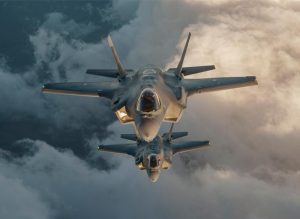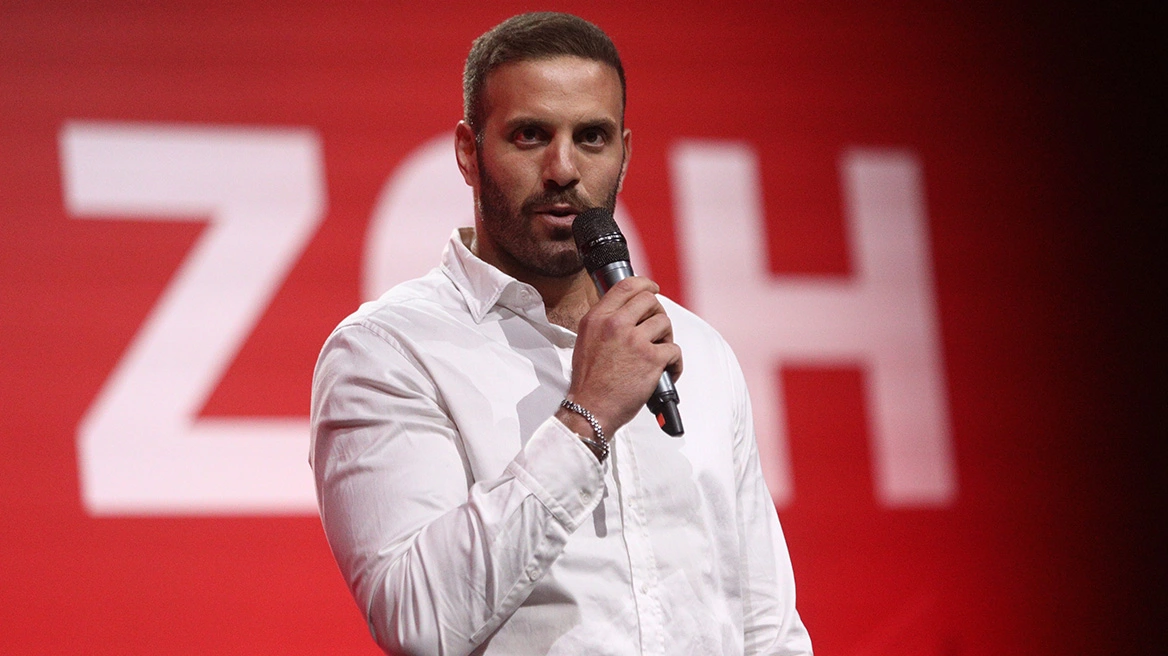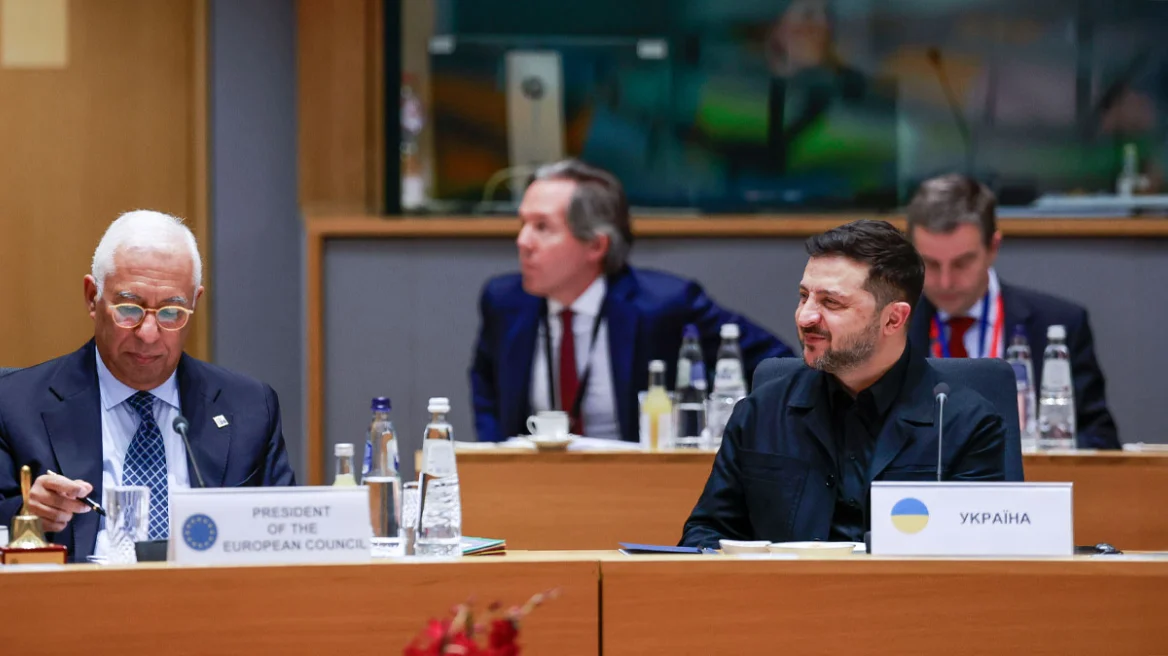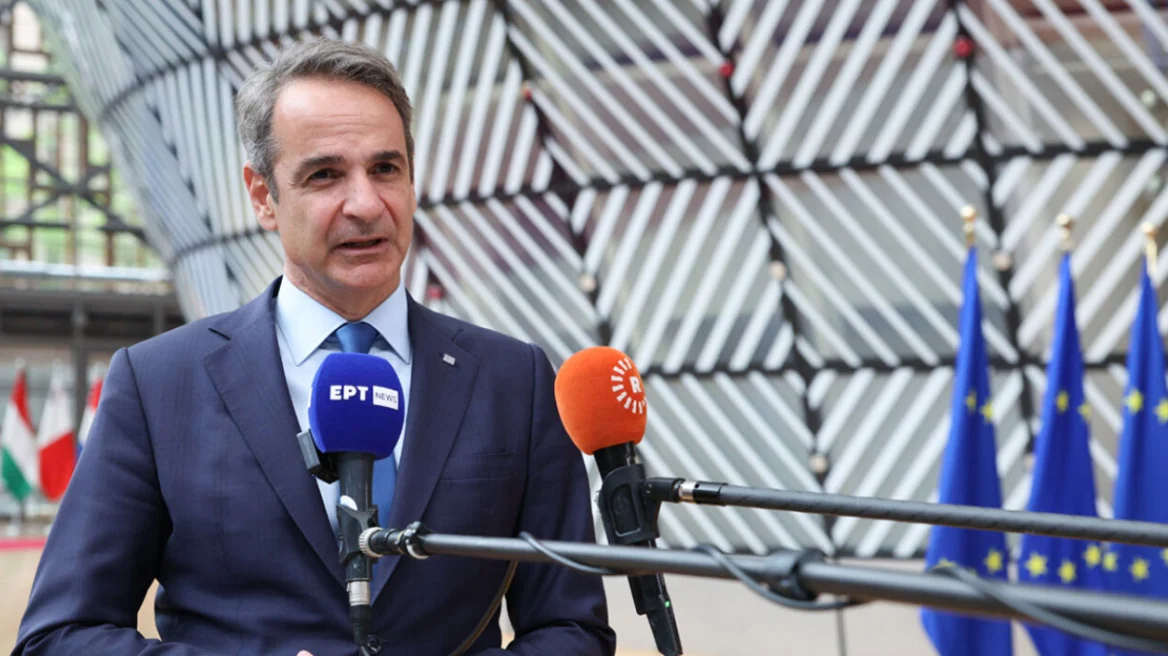Until the roll-out ceremony of the first Turkish F-35 last week, many in the Israeli defense establishment were sure that Washington would stop the sale. Now that it’s unclear if the US will act, official Israeli sources are speaking out: “Turkey is a member of NATO on paper only, and now cooperates with countries that are against the U.S., not only in words. This delivery is something that Israel cannot understand.”
Until the roll-out ceremony of the first Turkish F-35 last week, many in the Israeli defense establishment were sure that Washington would stop the sale.
Now that it’s unclear if the US will act, official Israeli sources are speaking out. They insisted on anonymity, but one of them put it in a way that sums up what all the others said: “Turkey is a member of NATO on paper only, and now cooperates with countries that are against the U.S., not only in words. This delivery is something that Israel cannot understand.”
In December 2017, Ankara officially announced that it would acquire two Russian-made S-400 surface-to-sir missile systems, making it the first NATO member state to operate such systems. To be sure, Turkey is also discussing with Eurosam, a European consortium, the development and co-production of a similar system for its future air defense architecture. But that hardly gives any relief to western capitals where policymakers are now wondering, among other concerns, how a NATO ally will simultaneously operate a Russian-made air defense system and F-35 Joint Strike Fighters.
Turkey, a program partner, has ordered 116 of the stealthy aircraft. Israel just received three more F-35s, giving them a dozen. Israel recently became the first country to use the F-35 in combat.
The Begin-Sadat Center for Strategic Studies in Tel Aviv (BESA) has been following the strange relations between NATO, the U.S and Turkey. One BESA paper, authored by Burak Bekdil an Ankara-based columnist, charts all the reasons why Turkey should not be considered a NATO member.
According to Bekdil’s study, Turkey and Syria held a joint military exercise in April 2009 – the first of its kind between a NATO member and a Russian-armed and trained client state. In September 2010, Turkish and Chinese aircraft conducted joint exercises in Turkish airspace. This, too, was a first for a NATO member. In 2011, before finally providing NATO forces with logistical support for their anti-Qaddafi campaign, then-Prime Minister Erdogan angrily asked, “What business can NATO have in Libya?”
The study points to the fact that in the beginning in 2015, Turkey came under international suspicion for systematically and clandestinely abetting various jihadist groups in Syria, including ISIS. The Turks were believed to have included logistics and arms. While the West’s primary goal was to fight ISIS, Erdogan has sought to topple Syria’s Alawite President Bashar Assad and install a Sunni, pro-Turkey, Islamist regime in his place.
In January 2018, the annual Freedom in the World report, produced by the US NGO Freedom House, classified Turkey as “not free” for the first time since the report series began in 1999. The country lost its status as “partly free” due to a slide in political and civil rights, Freedom House noted.
Also in January, the World Justice Report, an independent organization seeking to advance the rule of law around the world, said Turkey fell to the 101st position out of 113 countries in its Rule of Law Index.
For their part, Israeli intelligence have warned again and again that Turkey is becoming a “major anti-Western” power which is building a mighty war machine. Only recently, Israeli Prime Minister Benjamin Netanyahu held a summit with the heads of Greece and Cyprus, two countries that are long-time enemies of Turkey.
The Israeli Air Force has conducted joint drills with the Greek air force and there are other “cooperation channels” between the two countries.
The Turkish fighter jets routinely violate the Greek airspace as tensions rise between the two neighbors following the release from pre-trial detention of eight Turkish army officers described as traitors by Ankara. Turkey has criticized the Greek prime minister for failing to hand the soldiers over to Turkey after they flew into Greece. As a response, Turkey abducted two Greek soldiers that crossed the Turkish borders by mistake for a few meters and has been holding in a high-security prison without being formally charged with anything, yet.
In the US, the Senate Appropriations Committee passed a spending bill for U.S. foreign operations on June 21 after adding an amendment blocking delivery of the F-35s unless Turkey drops its plans to buy the S-400s.
Washington and its NATO allies have expressed concerns for months over Turkey’s 2016 agreement to buy the S-400, warning that the Russian system is not interoperable with NATO and U.S. military equipment.
Experts fear that if Turkey uses the highly advanced U.S. jets alongside the S-400 systems, Russia may gain access to sensitive technologies used in the aircraft.
But in spite all the opposition, the roll-out ceremony for the first Turkish jet was held last week at Lockheed Martin’s Fort Worth plant where most F-35s are built.
Turkey is not expected to receive the stealth fighter into its own airspace until 2020, though the country’s pilots will begin training on the new aircraft at Luke AFB at the end of the month. Turkish aircraft maintainers have already begun their training at Eglin AFB.
Source: breakingdefense
Ask me anything
Explore related questions





